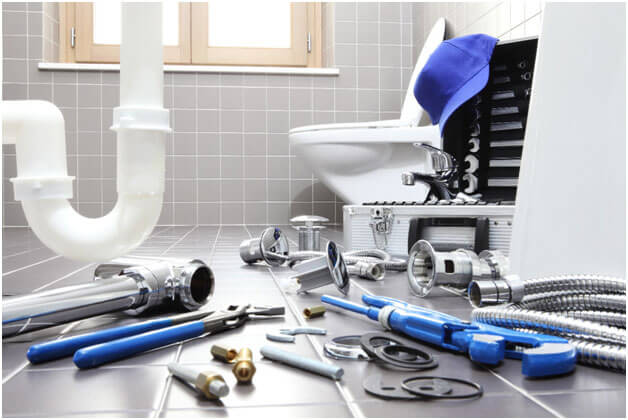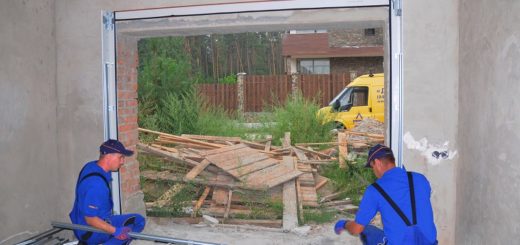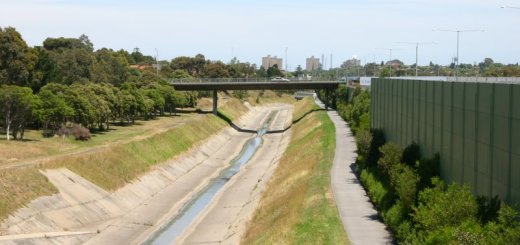
Your drainage system is an integral part of your home. It efficiently transports and eliminates waste-water keeping your home safe from bacteria. Regular cleaning keeps your drains, pipes, and joints at their peak performance. Yet most home-owners tend to skip this stage of home cleaning until a drain gets clogged and the home starts to smell.
Causes of clogging
Because of their narrow shape, residential drains clog easily due to dirt and debris build-up. Hair, grease, soap, food particles, and kitchen waste are often the main culprits of a slow or stopped sink.
Clogging can also be caused by tiny tree roots penetrating your underground main drain. When this happens, it’s essential to contact your local plumbers before the tree roots grow and bring further damage.
While small blockages can be a nuisance you shower or use the sink, a serious clog can bring bigger problems like overflowing toilets and foul odours. When this happens, a septic cleaning may be necessary to clear out the drains.
A septic system that has not been emptied for years can cause sewage to return up the drain pipes and into the house. A general rule of thumb is to clear out your septic tank at least once every three to five years. But the frequency will largely depend on usage and the number of people occupying the home.
You may need to replace your pipes once the sewage has spilled over into the septic system’s leach field. New pipes come at hefty costs which means proper maintenance will not only keep your drains and pipes clean, but will also cut down maintenance fees.
Dos and don’ts of drain cleaning
Drain maintenance requires minimal but constant effort. Clearing out the strainer in the drain hole every night prevents debris build-up in your pipes. Ensure that the dirt that reaches the bottom of your strainer is also eliminated.
A cheap and simple way to clear out your drain is to pour boiling water over it weekly. Doing so will flush out the remaining residue that has stuck to your drain.
At least twice a year, flush out your drain with boiling water, baking soda and white vinegar. Then add half a cup of baking soda and half a cup of vinegar. Let the solution rest for around five minutes before pouring boiling water all over it. This will significantly reduce accumulated bacteria that hinders your drains from running smoothly.
Grease and fatty substances are some of the leading causes of kitchen sink clogs and slow draining sinks. Dispose of grease properly by pouring it into a disposable container before putting it in the bin.
Why drain cleaning is a must
Without a set routine for drain cleaning, dirty water accumulates and becomes stagnant, bringing foul odours and health risks. Additionally, contaminated water can seep through the house and stain your walls and floors.
Stagnant water also leads to mould and mildew, which in turn, can encourage the growth of mosquitoes and diseases. It can also be a breeding ground for other pests like roaches and rodents. Additionally, a house with clogged drains faces a higher risk of flooding and structural damage.
The whole point of a drain system is to remove waste water effectively. Regular drain cleaning can improve drain life and save your family from unsanitary conditions that can threaten your health and well-being.











